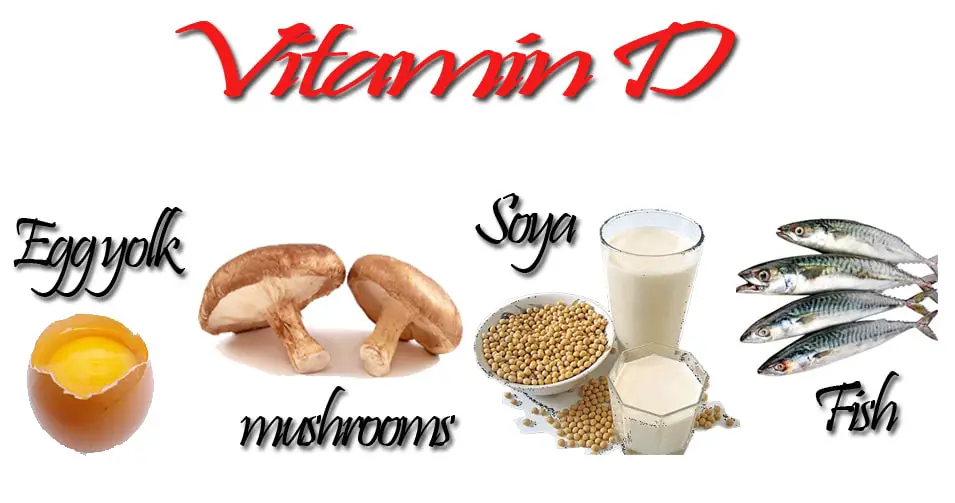Introduction
Vitamin C, also known as ascorbic acid, is a water-soluble vitamin that plays a vital role in maintaining good health. It is found abundantly in fruits and vegetables and is renowned for its powerful antioxidant properties. In this comprehensive guide, we will explore the numerous benefits of vitamin C and how it positively impacts our overall well-being.
Boosts the Immune System
One of the most well-known benefits of vitamin C is its ability to strengthen the immune system. It enhances the production of white blood cells, which are essential for fighting off infections and illnesses. Regular intake of vitamin C can reduce the severity and duration of common colds, flu, and other respiratory infections.
Powerful Antioxidant
Vitamin C acts as a potent antioxidant that helps protect cells from damage caused by free radicals. Free radicals are unstable molecules that can lead to chronic diseases such as cancer, heart disease, and arthritis. By neutralizing these harmful molecules, vitamin C reduces the risk of oxidative stress and promotes overall health.
Collagen Production
Collagen is a protein responsible for maintaining the structure and elasticity of our skin, joints, and blood vessels. Vitamin C plays a crucial role in collagen synthesis, supporting wound healing, tissue repair, and the overall health of our skin. Regular intake of vitamin C promotes skin elasticity, reduces wrinkles, and supports healthy aging.
Enhances Iron Absorption
Vitamin C aids in the absorption of non-heme iron, the type of iron found in plant-based foods and iron-fortified products. By improving iron absorption, vitamin C helps prevent iron deficiency anemia, a common nutritional deficiency worldwide. Including vitamin C-rich foods alongside iron sources can optimize iron utilization and prevent related health issues.
Cardiovascular Health
Several studies have shown that vitamin C can contribute to a healthy cardiovascular system. It helps lower blood pressure, reduce inflammation, and improve the function of the endothelium, the lining of blood vessels. These effects can reduce the risk of heart disease, stroke, and other cardiovascular complications.
Eye Health
Vitamin C, along with other antioxidants, plays a vital role in maintaining good eye health. It helps protect the eyes from oxidative stress and age-related macular degeneration (AMD), a leading cause of vision loss in older adults. Regular intake of vitamin C through diet or supplements can help maintain healthy vision.
Cognitive Function
Research suggests that vitamin C may have a positive impact on cognitive function, particularly in older adults. It helps protect brain cells from oxidative stress and inflammation, reducing the risk of cognitive decline and neurodegenerative diseases such as Alzheimer’s and dementia. Adequate vitamin C intake may support better memory, attention, and overall brain health.
Stress Reduction
Vitamin C is known to help reduce the levels of stress hormones in the body, such as cortisol. High-stress levels can deplete vitamin C stores, making it even more important to maintain sufficient levels through diet or supplementation. Adequate vitamin C intake can help alleviate stress, improve mood, and promote overall mental well-being.
Wound Healing
Vitamin C plays a crucial role in wound healing due to its involvement in collagen synthesis. It supports the formation of new connective tissue and blood vessels, promoting faster healing of cuts, abrasions, and surgical incisions. Including vitamin C-rich foods in your diet can aid in the recovery process and minimize scarring.
Cancer Prevention
While more research is needed, vitamin C has shown promise in its potential to prevent certain types of cancer. Its antioxidant properties help neutralize free radicals that can damage DNA and lead to the development of cancer cells. Some studies suggest that high-dose vitamin C therapy may have a beneficial effect in combination with traditional cancer treatments, but further investigation is required.
Conclusion
The benefits of vitamin C are numerous and wide-ranging. From its immune-boosting properties to its role in collagen synthesis and antioxidant effects, this essential nutrient plays a vital role in maintaining optimal health. Including vitamin C-rich foods in your diet or considering supplementation can help ensure you reap the many benefits this powerful vitamin has to offer. Remember to consult with a healthcare professional to determine the best approach for your specific needs and health conditions.
- What Is Delta-10 Thc? Learn About Its Effects, Benefits, And More - November 8, 2023
- Oils By Petreleaf-Exploring the Finest Oils A Comprehensive Evaluation - September 21, 2023
- The Comprehensive Guide to the Benefits of Vitamin C - July 13, 2023




